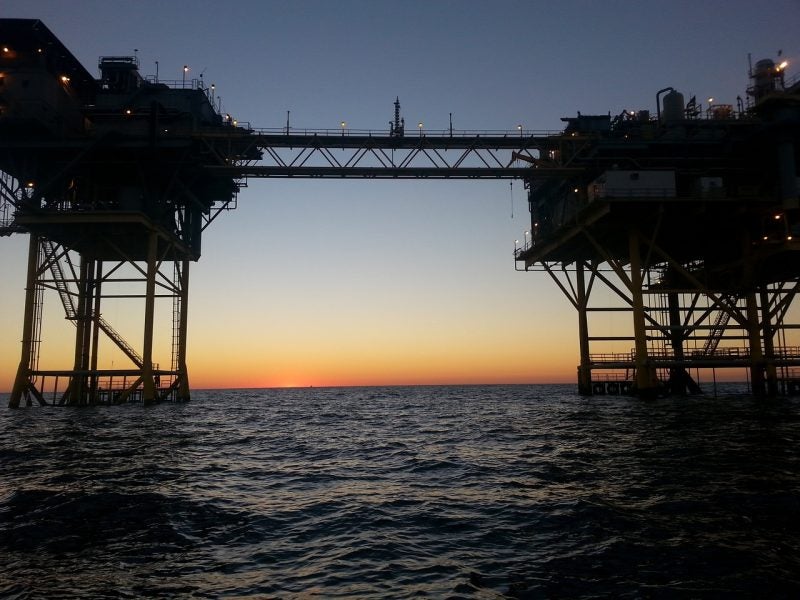
There are a number of factors that need to be taken into consideration when buying an industrial process heater.
Not every unit performs the same in certain environments. Some heaters run using a fuel burner, while others use electricity. Certain units feature helical or serpentine coils, with other types having fire tubes. Units may also be horizontal or vertical.
Heatec has developed a diverse portfolio of high-capacity industrial process heaters, with each unit designed to serve a specific purpose in production.
Which industrial process heater?
Booster heaters are widely used in asphalt processing facilities. These units feature a helical coil, which increases the liquid asphalt’s temperature as it passes through on its way to the loading rack.
The heater causes the asphalt’s temperature to rise between 285oF and 360 oF when flowing through the unit at speeds of up to 300gal per minute.
As a result of this process, it is possible to store asphalt in large tanks at a slightly lower temperature than usual. The unit is available in both horizontal and vertical versions.
When it comes to polymer blending, asphalt temperatures can be further boosted by a heat exchanger at 40oF at 500gal per minute. The heat exchanger’s high temperatures are provided by two hot oil heaters.
Assessing the economics
As it can vary greatly how liquids behave during processing and storage, it is important to select an industrial process heater that does not compromise production efficiency and increase operations costs. Convection heaters are an economical choice, as they can be used for a range of liquids and eliminate energy waste by providing heat using 100% of fuel via a burner.
With Heatec’s Convectec model, high film temperatures are avoided completely. These units are useful in increasing the temperature of fluids that are particularly susceptible to over-heating. A built-in thermostat allows the temperature to be controlled throughout operations and units do not require constant supervision during production.
Convectec heaters are used throughout the industrial production of petrochemicals and chemicals to raise the temperature of liquids, oil, gases, and thermal fluids. In addition, heating can be provided for cryogenic liquids such as LNG, ammonia and nitrogen.
Despite many heaters using a burner, it is not always practical in certain environments. Electric process heaters are viewed as an alternative, functioning similarly to other heating units without the need for a burner.
These units can be used to raise the temperature of thermal fluids that heat equipment elsewhere in a plant. They are also used to provide heat for gases or liquids that pass through the unit.
Many operators see this heater as a cost-effective option thanks to its low footprint and a thermal efficiency rate of up to 99.5%, meaning that minimal maintenance is required. The unit generates heat using electrical currents that flow through components inside the heating chamber.
Thermal outputs range from 10kW to 3MW. Electric process heaters can be customised to run from a plant’s electricity supply, with further modifications available on request.
For remote locations
In some remote locations, an electricity source isn’t always available. For these applications, Heatec’s Aquatec Water Bath Heaters are worth considering as they run without electricity.
These typically gas-fire units are used to increase the temperature of fuel gas at power generation facilities, as well as for crude oil at offshore processing platforms. Heating the oil reduces its viscosity, making it easier to pump. The heaters are capable of increasing the temperature of gas or liquids of approximately 130oF-150oF as they pass through the unit via tube bundles.
These tube bundles receive indirect heat from a water bath, which effectively encases both the tube bundles and the furnace tube. In addition, the heater has been designed to minimise evaporation.
Whatever an operations requirements, Heatec’s experienced team are on-hand to provide advice to make sure that customers receive the exact heater they need.


